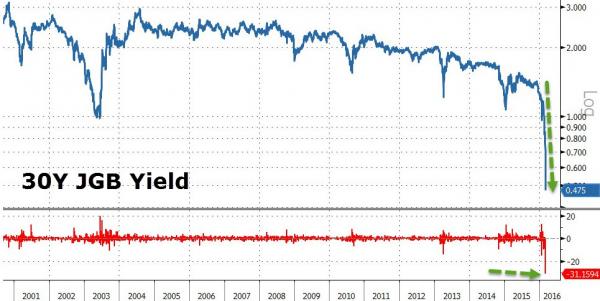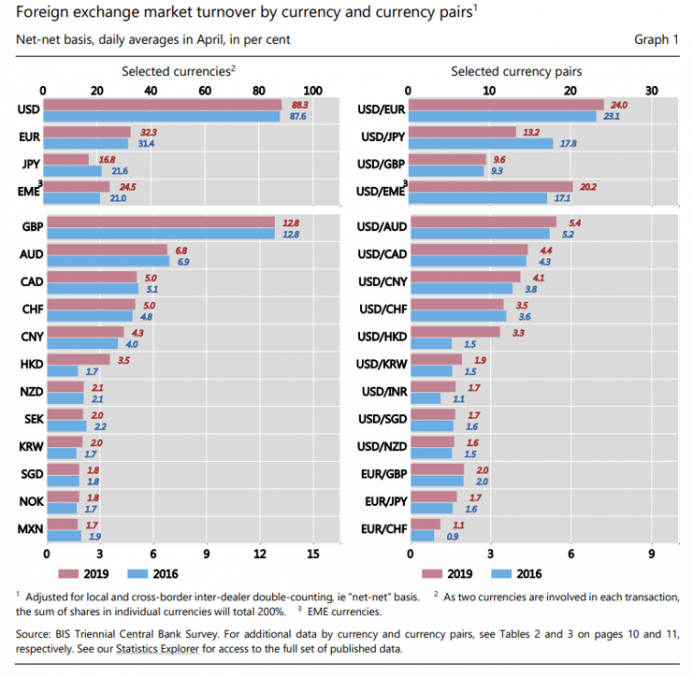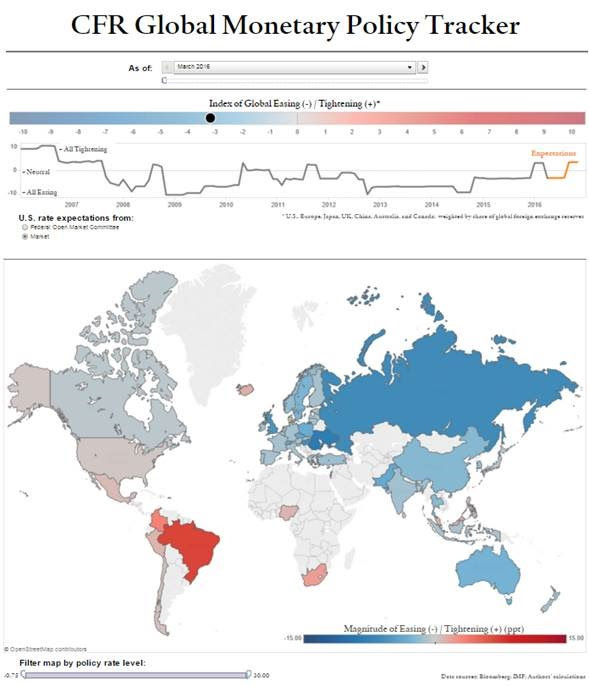While the examples from my previous article may well complete our bestiary of what does and does not constitute inflationary credit formation, what we have not dealt with here is the more insidious evil which wraps itself around the apple tree of our earthly paradise, even when post hoc savings do serve for a while to lend a spurious justification to the speculative, advance extension of credit by a bank.
We refer here to the broad prescription of that Austrian theory of the business cycle to which we adhere. This has it that when such loans are made to business in the absence of a genuine desire on the part of others to save, this inversion of the holistic order is not a boon to be welcomed, but a bane of which to be wary. This is because the act of severing the link between the decision to save – and hence to free up real resources for other uses – and the appetite to borrow means that such loans can be granted in a manner and on a scale likely to be at odds with social time preference and so at a market rate of interest below the natural rate of future discount. In so doing, a great and dangerous discoordination of the productive structure is encouraged, rife with the unrecognised perils of incompatible planning, contradictory time horizons, and the falsely signalled degree of abundance of sufficient key resources at the price anticipated to see each project through to a timely and lucrative conclusion.
The difficulty here is that what post hoc saving there is tends, at first, to mute the impact as the purchasing power which corresponds to this new credit flows into the hands of what are technically termed the ‘end factors of production’ – principally the wage earners and the salaried classes. This lull is, however, an insidious one. Indeed, such restraint is better understood using its technical designation of ‘forced saving’ since the phrase better expresses the limited enthusiasm with which it is carried out by people who receive a larger pay cheque but who are not fully convinced that the good times will continue to roll. To begin with, they will not be ready to spend all the extra proceeds, not when nothing on their usual shopping list seems to offer exceptional value and when nothing new has arrived from the expanding, higher-order industries so as to whet their jaded appetites.
Given their reluctance to participate in the necessary forbearance, it does not, however, take much to undam this reservoir of grudgingly-made ‘savings’. Some of that pool’s owners may become more optimistic about the duration of their improved circumstances; some may just be naturally less provident. Either way, their joint succumbence to temptation may edge prices up just enough to trigger a defensive response in their less avid fellows who either begin to notice that the real value of their nest-egg is shrinking or who are forced to dip into it by the higher call being made upon on their income.
However it happens, soon end-consumption will be picking up among those who never really had any deep desire to forgo every trip to the mall until the high-speed rail network, the aluminium smelter, and the new power grid could be built out and could begin facilitating the delivery of just the required amount of extra consumables, thus partaking of a sustainable, self-renewing stream of income as the reward for their contribution.
The usual sorry denouement, then, is that the extra cash (and encashable) balances eventually come to burn a hole in the pockets of wage earners and profit sharers who have benefited from the trickling-down of the initial credit boost given to their employers’ or their customers’ order books. As they start buying more things, it quickly becomes obvious that no-one has thought to increase the provision of these, so fixated have so many would-be entrepreneurs become on coat-tailing on whatever happens to be the main medium for the Boom – a field of activity whose fatal attraction is often that it represents a ‘New Era’ phenomenon, to boot.
More demand being expressed for a temporarily inelastic supply of end-consumer goods means higher prices and, hence, a more elevated reading for the key statistical measure which tracks these – either that or a yawning trade deficit opens up. This can bring with it its own dangers, not least for the hapless foreign suppliers who may also be intoxicated by the miasma of false prosperity and thus induced to commit too much capital of their own to satisfying what cannot be a durable demand. Worse, should their own monetary authority seek to dull the tendency of the home currency to appreciate on this score, the inflationary plague bacillus will have crossed the border with the buyers’ remittances to blight another land in addition to their own.
In modern times it is the first of these, as in olden times it was often the second, which brings forth the threat of policy restriction. More generally, the newly-lit, secondary boom will not complement the primary one, but rather conflict with it, to the point where it may complete vitiate the latter’s evolution. After all, this is taking place in an area which the earlier availability of plentiful, cheap credit was signalling would remain quiescent while the new industries remoulded the overall revenue stream of the economy comfortably to include them. To their utter discomfit, the unexpected vibrancy up at the sharp end of the productive chain cannot fail to divert resources of all kinds – including labour, which they must therefore battle to retain – to seek a greater income by servicing the upswing – a phase Hayek dubbed the ‘Ricardo Effect’.
As a consequence, those involved in such lines of new businesses – remote as they are from satisfying the immediate needs of our reinvigorated shoppers – will face higher costs and lengthened supply schedules because of the same scrambled to meet the reawakened desire for things they are, by definition not geared up to producing. Worse, the reassertion of consumer preferences must shrink the niche in the market they thought they had identified for their own product when credit was easy, inputs seemed abundant, and lucrative outlets readily assured.
For those in thrall to the simplistic ‘circular flow’ concept of the economy, not only does too little of what the parvenus lay out come back to them, but what they themselves need to disburse to stay in business starts is driven inexorably higher by the greater activity they have instigated in spaces they cannot access.
Ultimately, the only way such artificial grafts on can seek to stave off their impending rejection is to raise yet more credit and to try to leapfrog ahead of the mounting cost-revenue occlusion in which they are being strangled.




Comments are closed.